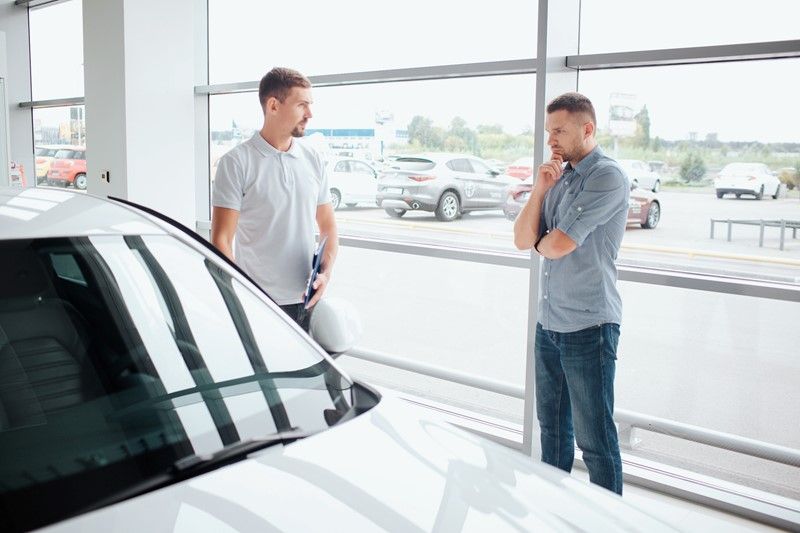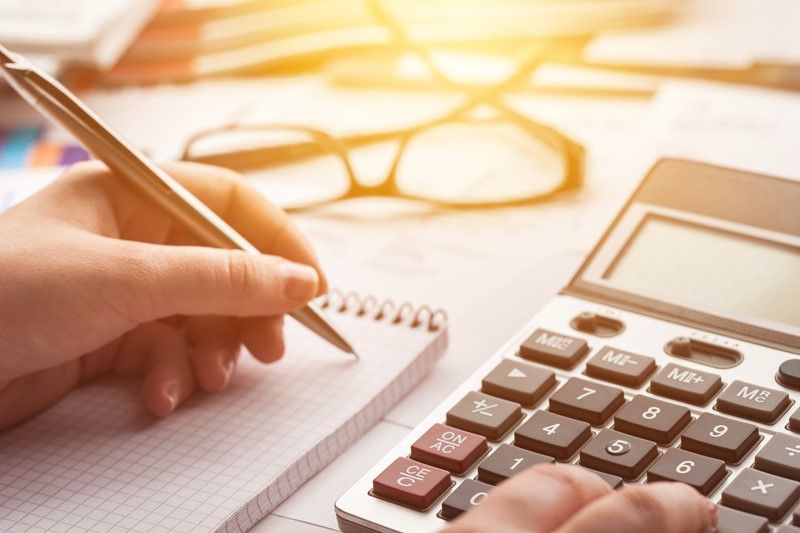Car and travel costs if self employed
If you are self-employed, it is important to understand which car and travel costs can be claimed.
You can claim allowable business expenses for car, van, or travel costs, which reduce your taxable profit. Typical allowable costs include:
- Vehicle insurance
- Repairs and servicing
- Fuel
- Parking
- Hire charges
- Vehicle tax and licence fees
- Breakdown cover
- Train, bus, tram, air, and taxi fares
- Hotel rooms
- Meals on overnight business trips
You cannot claim for:
- Non-business driving or travel costs
- Fines or penalty charges
- Personal travel, including commuting between home and a regular workplace, is generally not allowable.
For vehicle costs, you may choose between claiming actual costs or using HMRC’s simplified expenses which is a flat-rate allowance for mileage.
If you buy a vehicle for your business, how you claim the cost depends on your accounting method. Under traditional accounting, you can claim capital allowances on the purchase cost. If you use cash basis accounting, you can also claim capital allowances as long as you are not using simplified expenses. For all other types of vehicles or associated costs, you can claim them as allowable business expenses.




